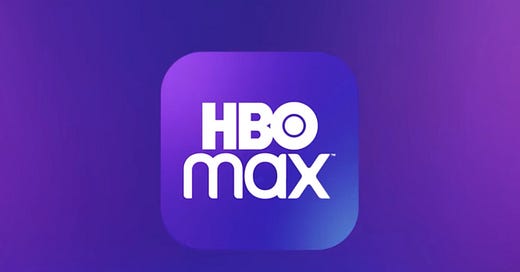It’s not HBO. It’s toasted.
HBO’s re-branding as Max misses Don Draper’s advertising lesson in Mad Men.
This week saw a momentous change to one of the most successful, most recognizable, brands in all of television history. Home Box Office which launched as a premium cable network in 1972 and quickly became known by its acronym HBO is no longer.
HBO has been re-branded as Max.
What Max Launch Means for Existing HBO Max Customers
Since the late 1990s HBO…
Keep reading with a 7-day free trial
Subscribe to Elice Island Newsletter to keep reading this post and get 7 days of free access to the full post archives.



